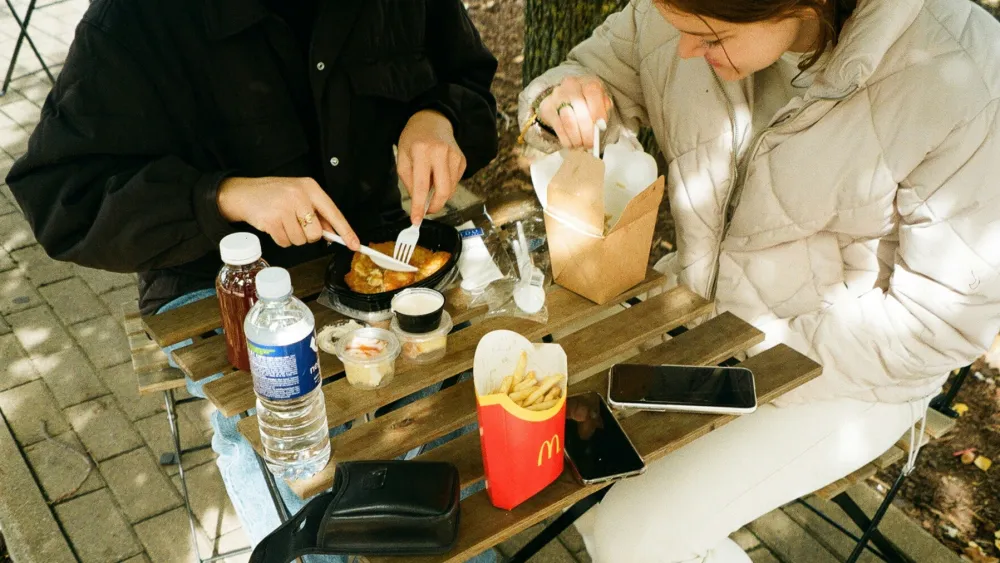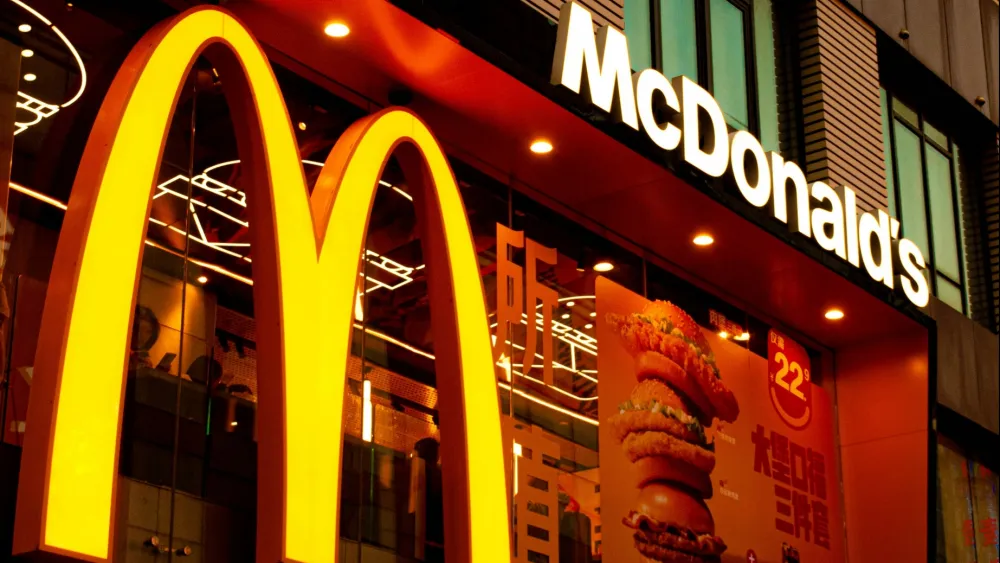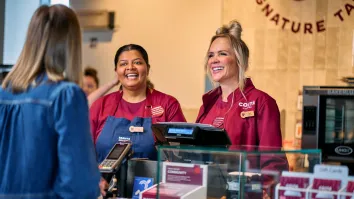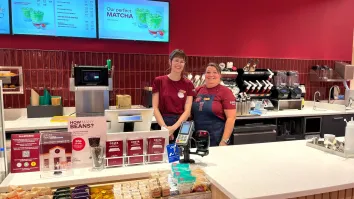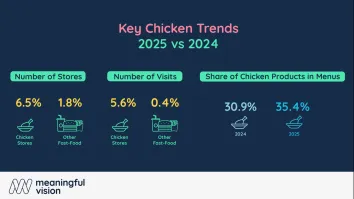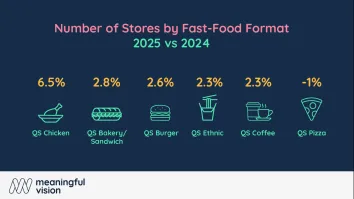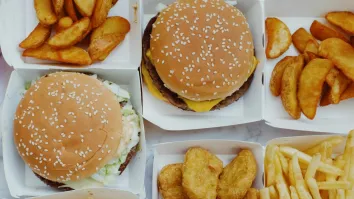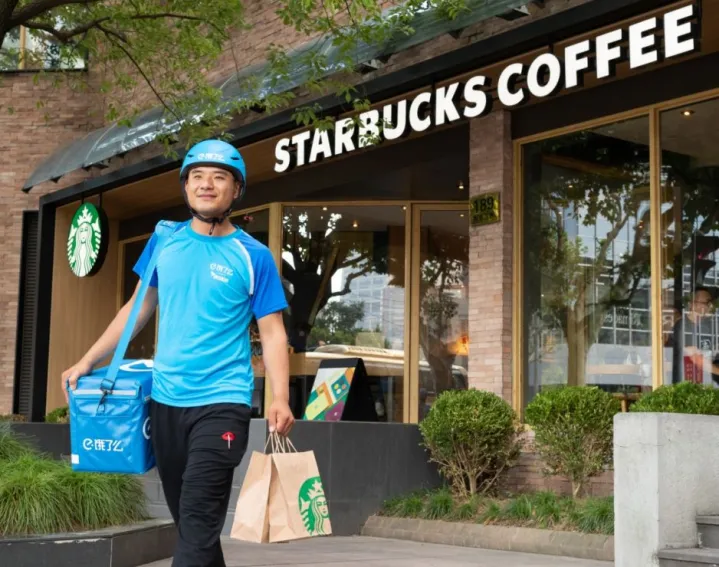
Starbucks confirms partnership with Alibaba Group, set to leverage Ele.me delivery platform by September
The global coffee chain will also collaborate with Alibaba's Hema supermarkets to establish “Starbucks Delivery Kitchens”.
After multiple reports on the matter, Starbucks has officially confirmed its partnership deal with the Alibaba Group in a bid to "transform the coffee experience" in China.
Through the collaboration, the global coffee chain will utilise Alibaba's ecosystem of companies including the much-reported plans to leverage Ele.me’s on-demand platform to pilot delivery services in Beijing and Shanghai in September 2018. The delivery program is planned to expand across 30 cities to more than 2,000 stores by end of the year.
Ele.me became a subsidiary of Alibaba in April, when the e-commerce giant acquired the startup for $9.5 billion. Its chief rival is Meituan-Dianping, a delivery and services provider that recently went public in Hong Kong.
Starbucks will also partner with Alibaba's Hema supermarkets to create “Starbucks Delivery Kitchens”, spaces specifically designed for delivery order fulfillment.
“Our transformational partnership with Alibaba will reshape modern retail, and represents a significant milestone in our efforts to exceed the expectations of Chinese consumers. Starbucks China is one to watch, and I have full confidence in the team that will bring the new innovation behind the Starbucks Experience to life,” Kevin Johnson, president and chief executive officer of Starbucks said in their announcement.
Daniel Zhang, Chief Executive Officer of the Alibaba Group, added: “Starbucks is more than a destination for premium coffee and we share the same vision to pioneer a new coffee culture and lifestyle through innovation and technology. Alibaba is thrilled to expand our existing partnership with Starbucks by leveraging our cutting-edge New Retail infrastructure and digital power to enable an unprecedented experience for consumers."
Online delivery as a strategy to boost growth
The news of the partnership follows the release of Starbucks’ third quarter fiscal report, which showed that comparable store sales in China decreased by 2%, a startling contrast compared to the 7% growth reported in the same period last year.
Rival coffee chain Luckin Coffee, a Beijing-based coffee startup launched in 2017, could be the reason for the chain’s sudden sales slump. Despite being a relatively young entrant to China’s coffee scene, Luckin Coffee already has over 660 outlets, attracting customers with steep discounts, and an aggressive media campaign. The brand’s business model revolves around delivery, with around half its outlets being kitchens dedicated solely to fulfilling online orders.
For years, Starbucks operated in China with little opposition, controlling an impressive 58.6% of the country’s coffee market in 2016, according to research firm Euromonitor International. Its closest rivals were McDonald’s and Costa, which held 6.1% and 3.8% of the market, respectively.
The global market for coffee products, including freshly brewed, instant and packaged coffee drinks, is worth 12 trillion yuan, according to a July report by research provider JingData. The US leads this market, accounting for one-fourth of coffee consumption worldwide.
The market in China is worth about 100 billion yuan per year, with instant coffee accounting for 72 per cent of the domestic market and freshly brewed coffee making up 18 per cent, JingData said.
It found each US consumer drinks an average of 269 cups of coffee per year, while the average in China was 4.5 cups.
Moving forward to 2022
Belinda Wong, chief executive of Starbucks China, addressed the brand’s issues in a conference call to analysts.
“Delivery as a whole is becoming a lifestyle ritual in China, and consumer behaviours are changing,” she said.
“While recent coffee market entrants have chosen to capitalize on delivery combined with heavily discounted offers, there’s significant compromises at play in terms of quality, experience, and business sustainability. These will prove to be short-lived. Let me assure you that our new delivery service will adhere to the high standards our customers in China have come to expect with regard to the Starbucks experience.”
Wong said that Starbucks’ delivery service will roll out in the fall within the key cities of Beijing and Shanghai, and will expand from there.
Earlier this year, Starbucks announced its plans to increase its network in China up to 6000 stores by 2022, roughly doubling its current count. The chain is targeting a tripling in revenue in the market over the next five years.
Starbucks operates more than 25,000 stores around the globe and is one of the largest roasters and retailers of specialty coffee in the world.
(Photo courtesy: Starbucks)
